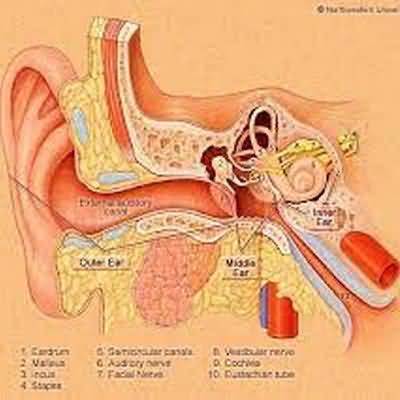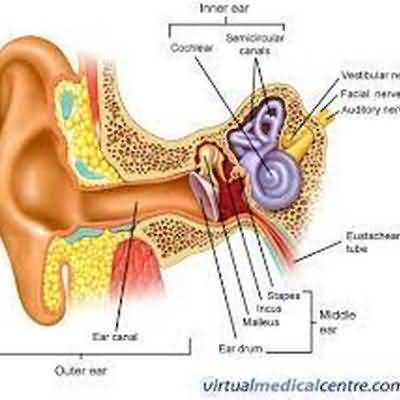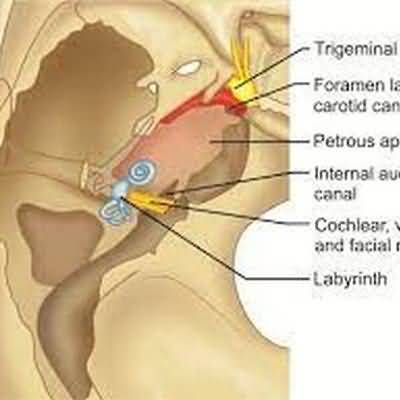Sensory hearing loss
Sensory hearing loss
Sensory hearing loss results from deterioration of the cochlea, usually due to loss of hair cells from the organ of Corti
The most common form is a gradually progressive, predominantly high-frequency loss with advancing age (presbyacusis); other causes include excessive noise exposure, head trauma, and systemic diseases
Sensory hearing loss is usually not correctable with medical or surgical therapy but often may be prevented or stabilized
An exception is a sudden sensory hearing loss, which may respond to corticosteroids if delivered within several weeks of onset
Neural hearing loss lesions involve the eighth cranial nerve, auditory nuclei, ascending tracts, or auditory cortex
Neural hearing loss is much less commonly recognized
Causes include acoustic neuroma, multiple sclerosis, and auditory neuropathy


















